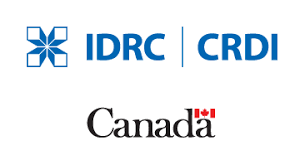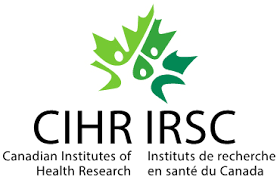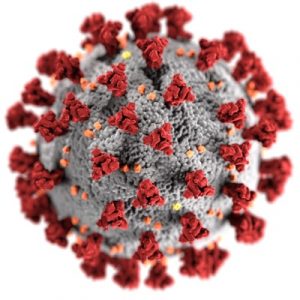Dates: 2020-2023
Funded by: The International Development Research Centre
(I DRC) and The Canadian Institutes of Heath Research (CIHR)
DRC) and The Canadian Institutes of Heath Research (CIHR)
Project overview: Healthcare workers (HCWs) play a critical role in treating COVID-19 patients, placing their own physical and mental health at high risk, with considerable variation across jurisdictions. While there is general agreement on many aspects of policy and practice to protect HCWs, specific approaches to implementation have diverged widely regarding personal protective equipment, working conditions, testing, exposure monitoring and contact tracing – with limited contextualized evidence available to guide local decisions.
 Goal: As it is critical for policymakers to understand the consequences of these variations; scrutinize their scientific and contextual rationales; grasp why and how these change over time; and understand organizational factors that enhance implementing resilient policies, our aim in this study is to produce quality evidence on “What works to protect HCWs, in what contexts, using what mechanism, to achieve what outcome”.
Goal: As it is critical for policymakers to understand the consequences of these variations; scrutinize their scientific and contextual rationales; grasp why and how these change over time; and understand organizational factors that enhance implementing resilient policies, our aim in this study is to produce quality evidence on “What works to protect HCWs, in what contexts, using what mechanism, to achieve what outcome”.
This mixed-methods implementation science study applies a realist analysis approach to build upon a 5-year international collaborative research program on protecting HCWs from HIV and tuberculosis, shifting focus to COVID-19. It is organized in 2 components, with each divided into sub-studies.
Component 1: In-depth case studies in Vancouver Coastal Health, BC, Canada and Gauteng Department of Health, South Africa: Through direct involvement of researchers and knowledge users engaged in protecting HCWs, and led by co-Principal Applicants (PAs) in WHO Occupational Health Collaborating Centres in Occupational Health and Safety in each setting, these studies will use interviews and document review to qualitatively analyze policies, operational changes, collaborations and work flow, as well as quantitatively analyze secondary data meticulously collected on exposures and test results from all HCWs by demographics, department, occupation, exposure, and other relevant factors.
Component 2: International cross-country comparative analysis: This component includes 2a) comparative policy analysis based on a HCW infection protection and control survey distributed in over 90 countries by a network of the International Commission on Occupational Health, International Labour Organization and World Health Organization through the Ad Hoc expert group on which the co-PAs participate together, supplemented by a qualitative evidence synthesis review of documented actions taken to implement infection control guidelines as well as reflection on the role of international organizations in providing guidelines to support local implementation; and 2b) analysis of a WHO-led case-control study of health personnel involved in care of any confirmed COVID-19 cases. HCWs with confirmed SARS-CoV-2 infection recruited as cases and other health workers in the same health care setting without infection recruited as controls.
